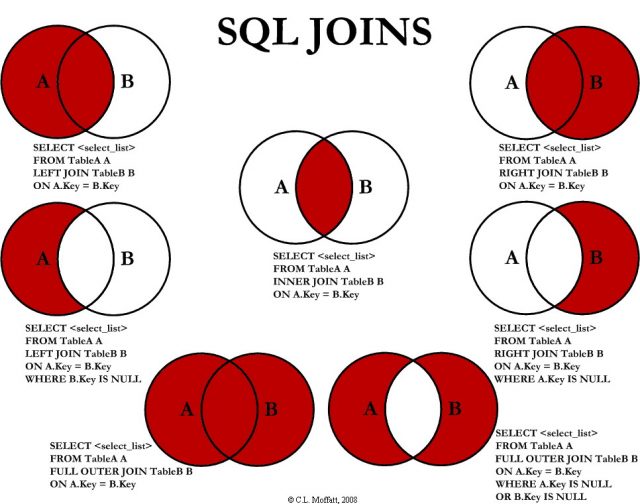С сайта DEVELS.RU (уже не работает)
Хранимая процедура представляет собой запрос, хранящийся в БД SQL Server. Она повышает скорость и эффективность БД и вызывается командой
Exec имя_хранимой_процедуры
Базовая хранимая процедура.
Это самая простая хранимая процедура, которая возвращает результаты, не требуя никаких параметров.
Continue Reading →

